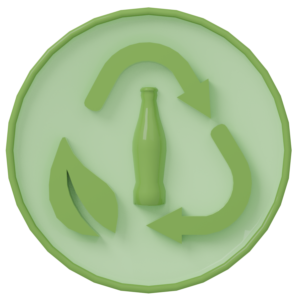Bioplastics: A false solution to plastic pollution?

Recently there has been a corporate rush to find a ‘green’ alternative to single-use plastics.
The market for so-called ‘bioplastics’ is projected to grow exponentially – from $17 billion in 2017 to $44 billion in 2022
However, bioplastic is not a silver bullet to the problem of plastics; indeed, it can lead to many environmental problems and unintended consequences. So, what are ‘bioplastics’, and are they as environmentally friendly as they are made out to be?
‘Bioplastics’ has become a misleading catch-all term, incorporating bio-based plastics, biodegradable plastics and compostable plastics. Each behaves in different ways and none is necessarily inherently better for the environment because it can biodegrade or because it’s made from biological raw materials. We found that not only do most companies not have a clear policy for when to use bioplastics, but that many are trying to trade on the perceived eco-credentials of bioplastics as a distraction tactic.
Read the Full case study as a PDFd












